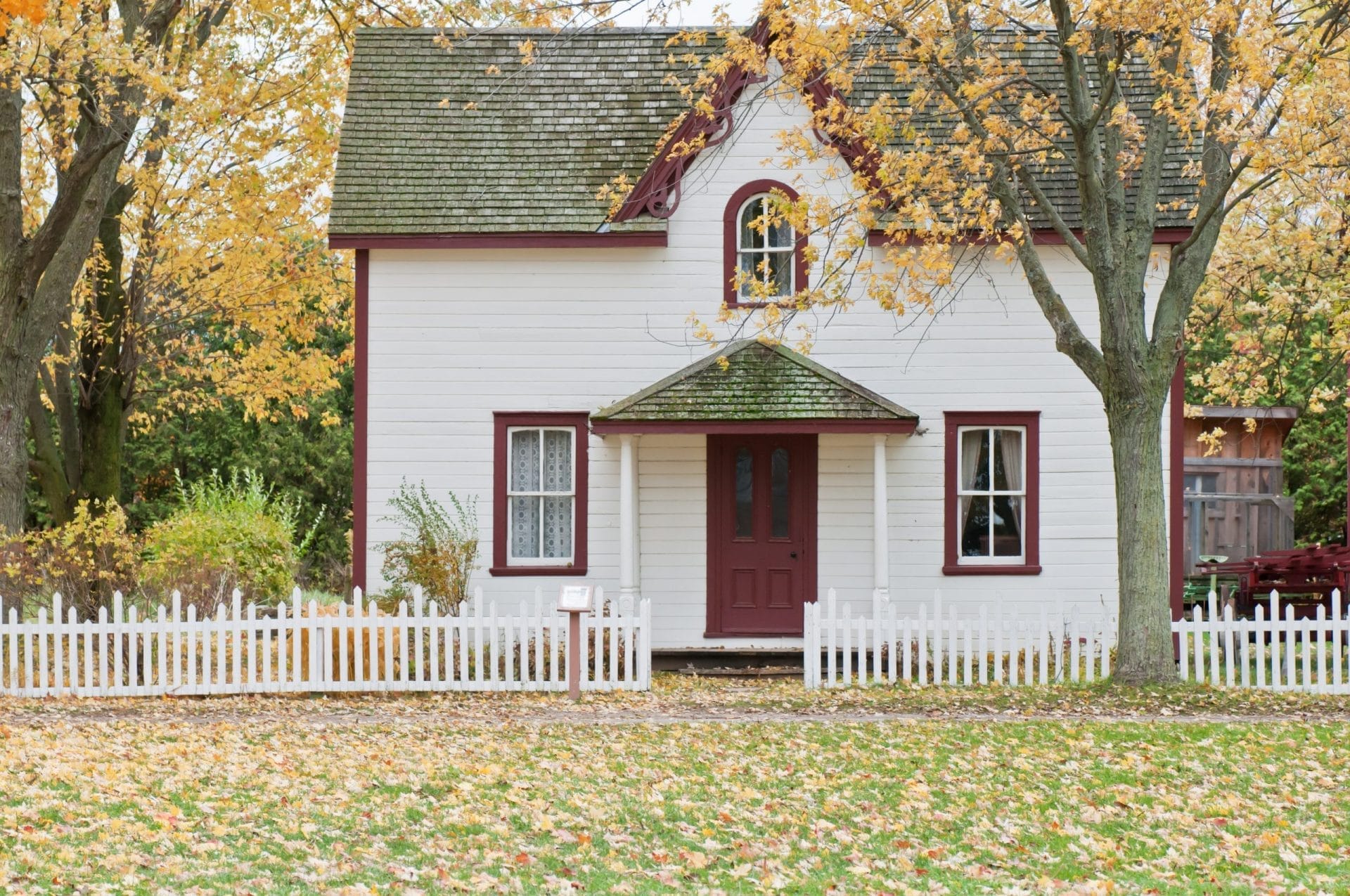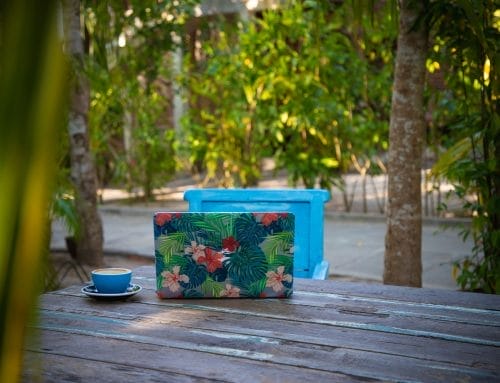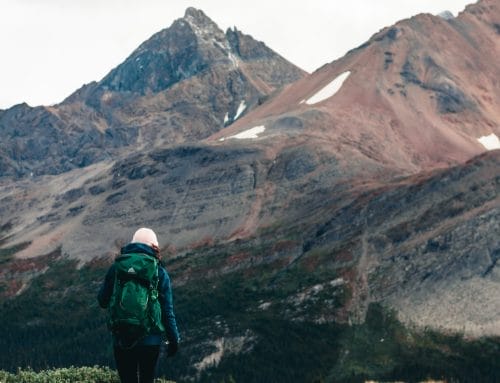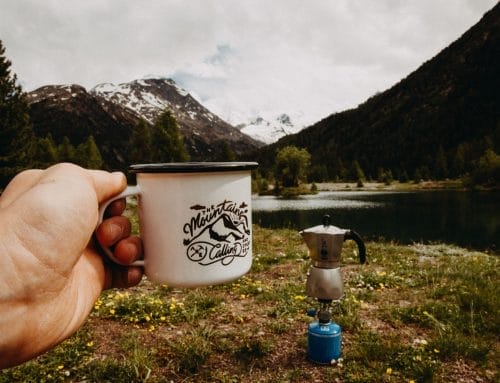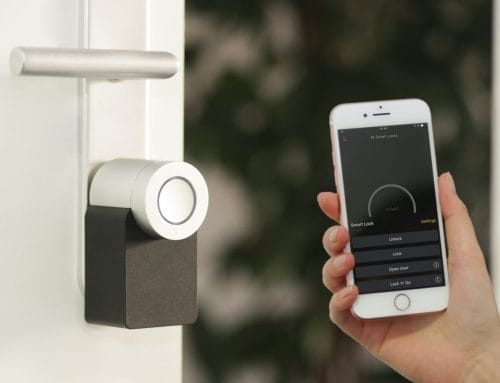Airbnb Rules in British Columbia
What is Airbnb Regulation?
When you know how to navigate the responsibilities and risks of vacation rentals across the world, buying them can be a very successful business move. Prior to purchasing , you should consider whether they conform to the laws in the region where they are located.
Following Airbnb, regulations are crucial to avoid running into any issues with the law enforcement of the country, which can be extremely costly. If you are planning to buy or sell a property in British Columbia, then you should read this article to learn more about the details of British Columbia’s laws regulating vacation rentals.
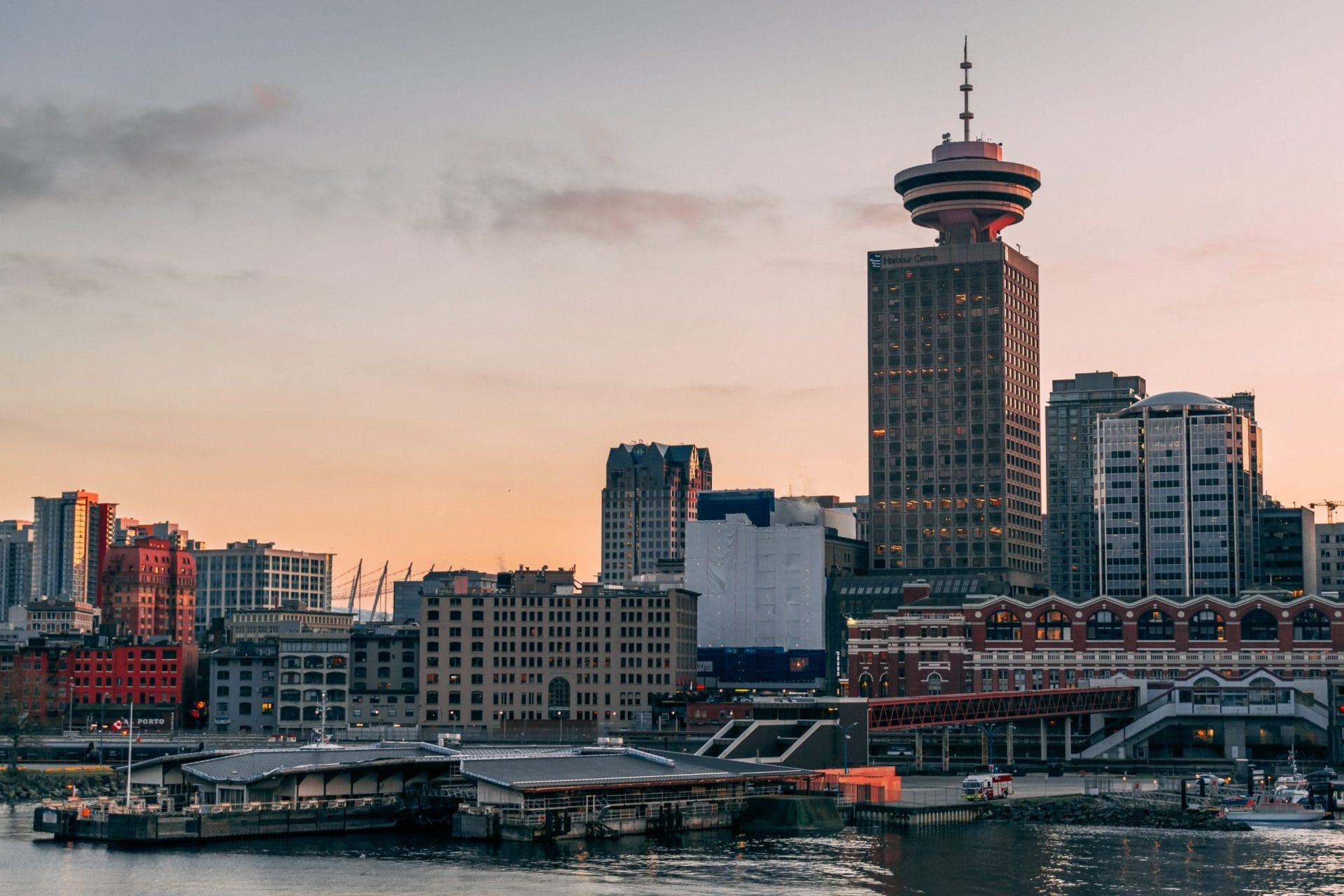
Why Do I Need Airbnb Regulation?
You need to obtain a permit or license to run an Airbnb business in British Columbia. It doesn’t matter if you’re in Whistler, Vancouver, or Victoria. It is best advised for you to comply with the laws that regulate Airbnb and get a permit. To avoid any problems and maintain professionalism, you will need to do this before you start housing guests. A business shutting down while a guest is on the premises is more embarrassing than anything else. Hence, Airbnb regulation is compulsory.
How is Airbnb Regulated?
There are many different effects of Airbnb on various localities. In order to understand whether it is positive or negative, one needs to take into account a wealth of factors, such as the number, location, and concentration of Airbnb listings in a given city. Nevertheless, most cities feel the need to regulate Airbnb and other STR platforms in order to balance the interests of tourists and local residents/businesses.

Airbnb Business Permit License
Your vacation rental license is entirely determined by the city where you are based. In Vancouver, for instance, acquiring a short-term rental license involves a straightforward process and the current cost is $99 plus $60 for the application. However, in places such as Victoria and Whistler, you must pay a fee to register your business and obtain an official permit.
Business licensing in British Columbia
As mentioned above, business licensing is one of the main regulations that need to be compulsorily met in the Airbnb rules in British Columbia. In this context, following are some of the specific laws pertaining to the Airbnb rules in different parts of British Columbia.
NOTE:
The information provided here is not comprehensive, and should not be construed as legal advice. We encourage you to check with official sources or seek legal advice if you have any questions about how local laws or the information apply to you or your Experience.
- Vancouver
Business licenses may be required for Hosts in the City of Vancouver whenever they operate an enterprise for profit. According to License Bylaw 4450[3], all businesses operating within the city limits will require a business license and, in some cases, an additional business permit. The “preponderant purpose” of a venture has dominated Canadian jurisprudence.
- Victoria
If a visitor wishes to carry on a business, profession, occupation, or calling in the city of Victoria, they may need to obtain a business license. Those conducting a business within the city limits will need a business license. Check out Business License Bylaw No. 89-071 to learn more about it.
- Whistler
An individual conducting a business or an activity that mainly aims to make a profit in Whistler must obtain a business license. A specific type of business permit may be required depending on the type of business activity and/or the location. The rules for hosting a home occupation business, for example, may also need to be observed. More information can be found in the Business License Bylaw No. 567, 1987 and the Business Regulation Bylaw No. 739, 1989.
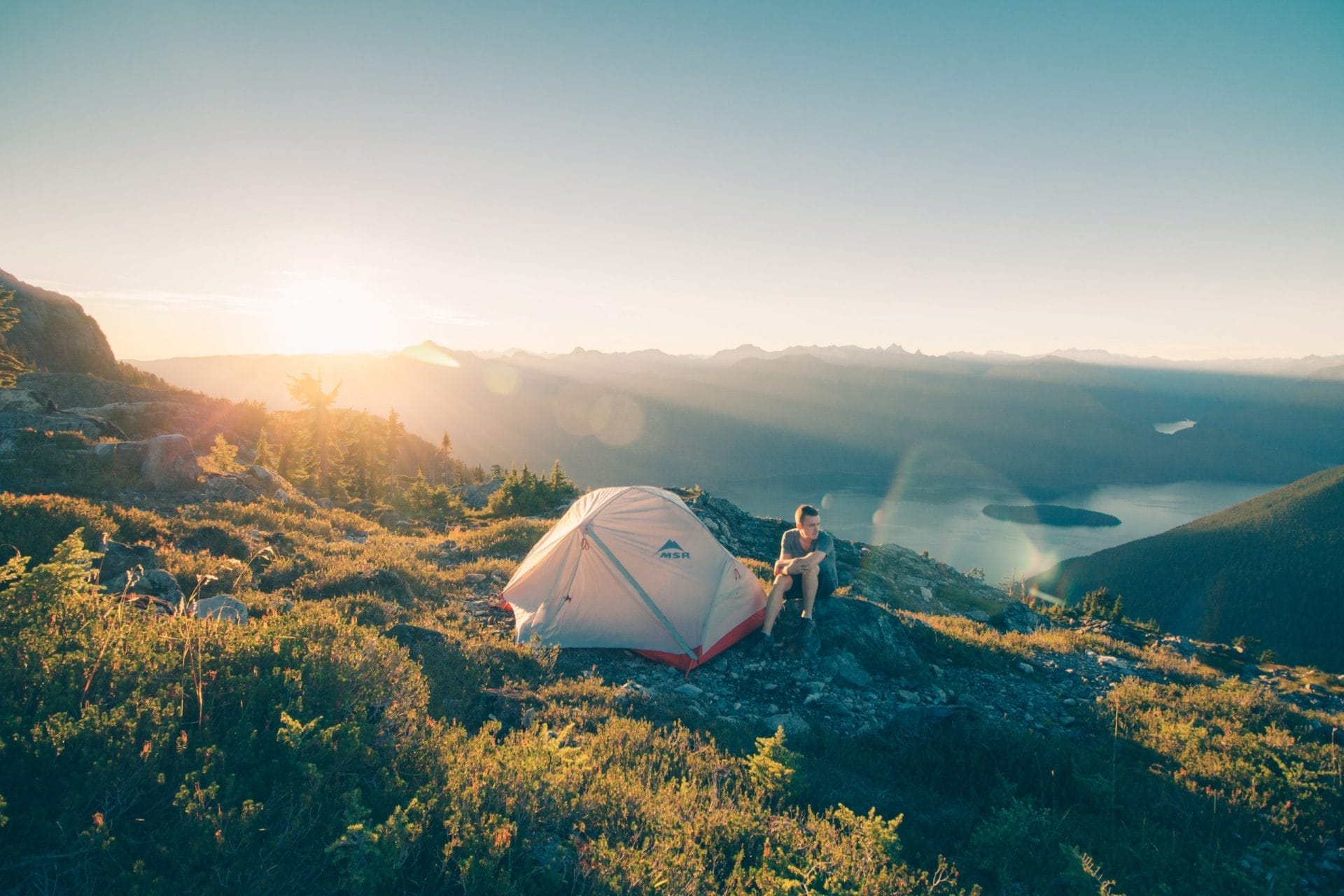
Taxes For Your Airbnb Property in British Columbia
We always recommend you consult with your accountant or tax advisor.
Do a Google search for short-term rental taxes in your country, province, and local area if you want to speed up the process. It is important to keep in mind that some forums can be outdated, so make sure you check when the article was posted.
Along with understanding Airbnb taxes and regulations, you should ensure that your Airbnb is insured and safe, and you should not rely on Airbnb’s protection insurance plan exclusively.
Airbnb collects and remits PST on behalf of the host.
As an accommodation provider you will be subjected to additional sales and special tourism taxes including, GST, Tourism Levies, and MDRT.
BC MDRT (Municipal and Regional District Tax)
- Harrison Hot Springs = 3%
- Tofino = 3%
- Ucluelet = 2%
- Kelowna = 3%
- Whistler = 3%
The Long-term Tax Impact of Airbnb British Columbia
Making decisions about a rental property today can have surprising results decades from now.
Changing the use of a personal property, except incidentally or occasionally, is considered to be a change in its use for income tax purposes. Therefore, income tax consequences are significant.
Additionally, there are significant GST/HST consequences to consider if you decide to rent out your home. You may lose your status as a ‘residence complex’ if you rent 90% or more of your home for leases of less than 60 days. Any subsequent sale is then subject to GST/HST, which may come as a surprise to prospective buyers.
In this scenario, you will have to pay GST to the CRA based on the fair market value of the home if you later decide to stop or scale back the rental of the home and it becomes your primary residence (or a long-term exempt rental). Depending on the circumstances, you may be able to apply for a rebate to recover some of this tax.
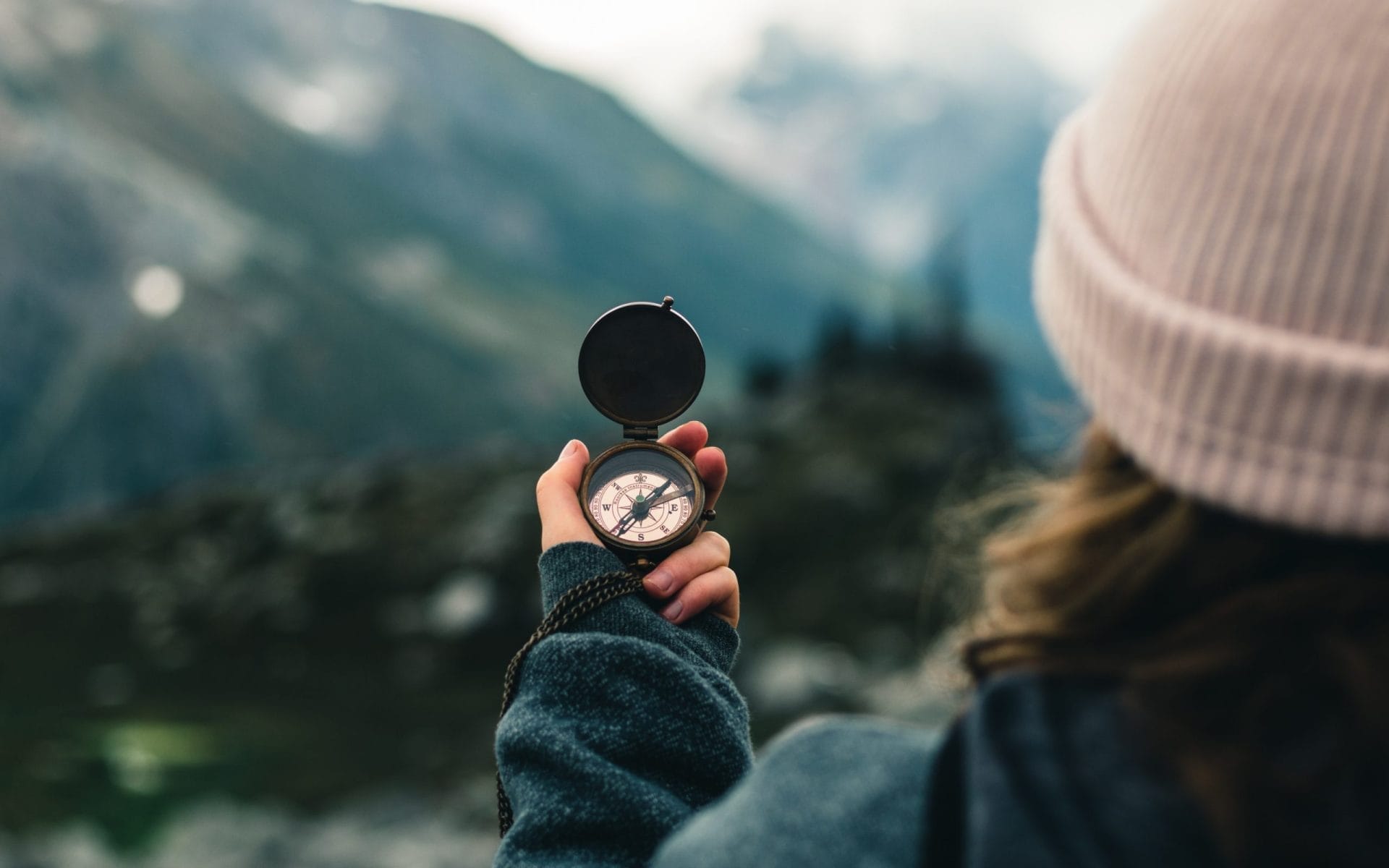
Local Airbnb Rules in British Columbia
It is extremely important to know where you are located and what local laws are applicable in that area to comply with Airbnb regulations. Most of this information can be found online, but if you’re still unsure, speak to your tax accountant or contact your local council. You might be subject to the laws and regulations of several cities if your Experience takes place in several locations or cities. You should note that neighboring municipalities may honor some business licenses issued by businesses based in nearby municipalities. In any case, you should consult the local municipal authority about any applicable rules, registrations, or licenses.

